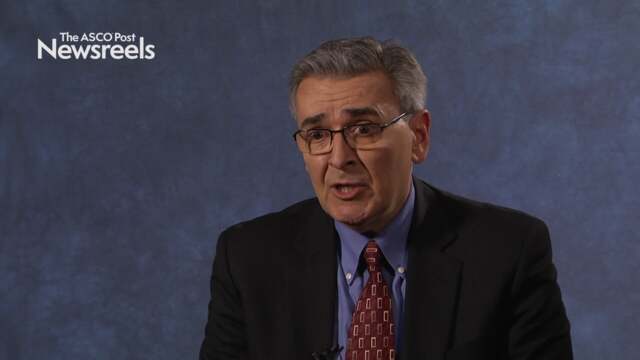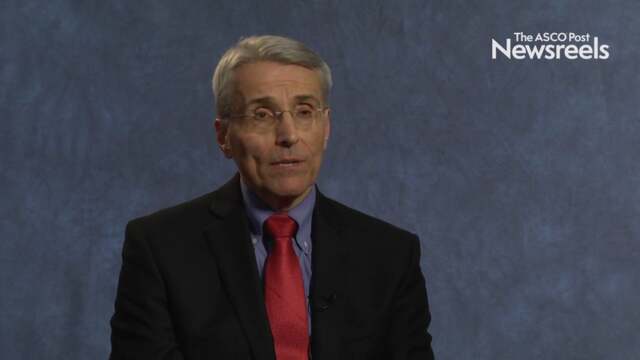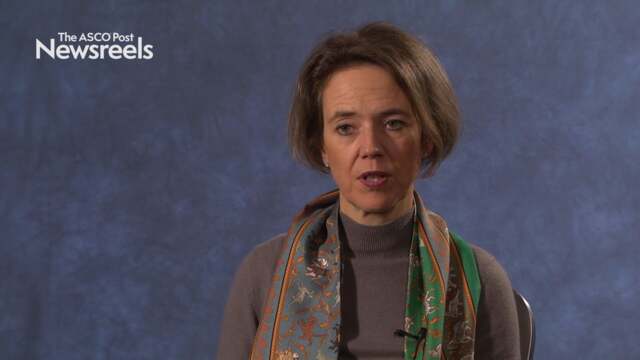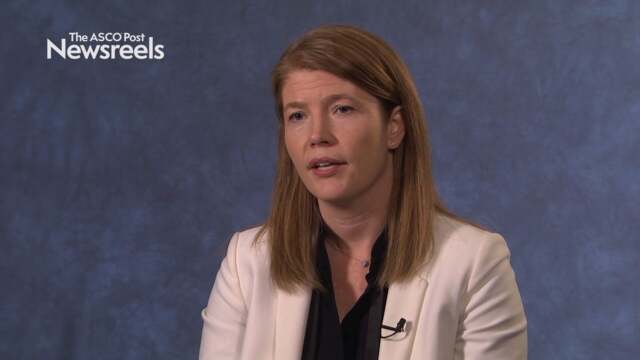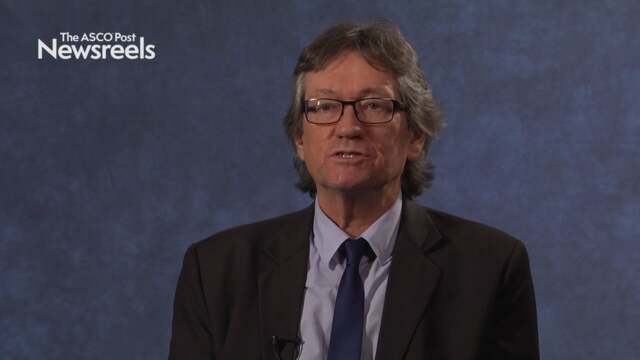Nicholas C. Turner, MD, PhD, on Tackling Breast Cancer Diversity
2017 San Antonio Breast Cancer Symposium
Nicholas C. Turner, MD, PhD, of The Royal Marsden Hospital NHS Trust, discusses the challenges of treating metastatic breast cancer and how liquid biopsies can serve as a guide to genetic phenotypes.
Joseph A. Sparano, MD, of Montefiore Medical Center/Albert Einstein College of Medicine, discusses findings that suggest circulating tumor cells 5 years after diagnosis are prognostic for late recurrence in operable stage II–III breast cancer (Abstract GS6-03).
Richard Pazdur, MD, of the U.S. Food & Drug Administration’s Oncology Center of Excellence, discusses the rapid changes in evaluating and approving new and effective agents, incorporating the view of patients in the process, and modernizing clinical trial design with broader eligibility criteria.
Sibylle Loibl, MD, PhD, of the German Breast Group, discusses a study evaluating palbociclib plus endocrine treatment vs a chemotherapy-based treatment strategy in patients with hormone receptor–positive, HER2-negative metastatic breast cancer (Abstract OT3-05-04).
Melinda Telli, MD, of the Stanford University School of Medicine, discusses the current status of treatment for advanced TNBC, and new therapeutic strategies now being used for better outcomes.
Richard G. Gray, MSc, of the University of Oxford, discusses an Early Breast Cancer Trialists’ Collaborative Group meta-analysis of 21,000 women in 16 randomized trials, which showed that increasing the dose density of adjuvant chemotherapy by shortening intervals between courses or sequentially administering treatment significantly reduces disease recurrence and breast cancer mortality (Abstract GS1-01).
